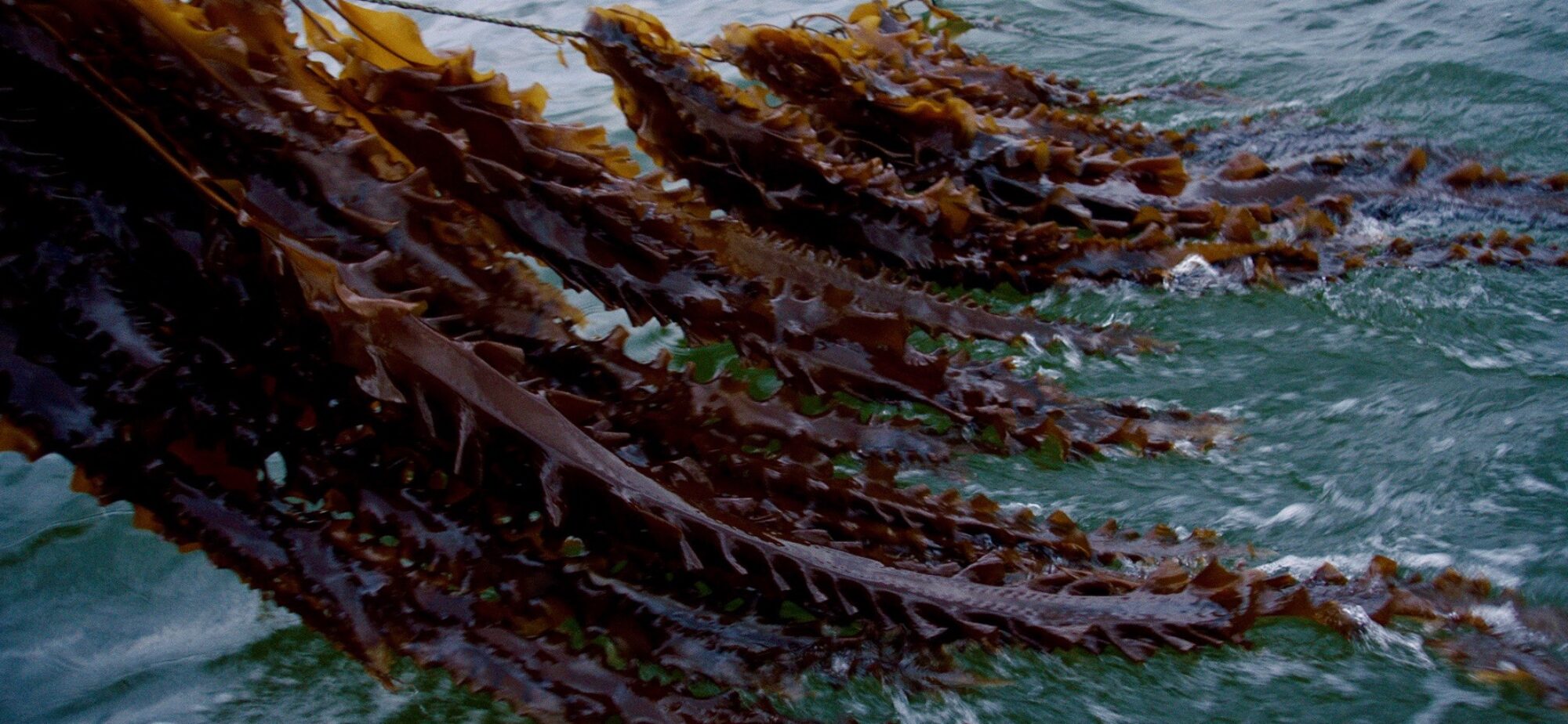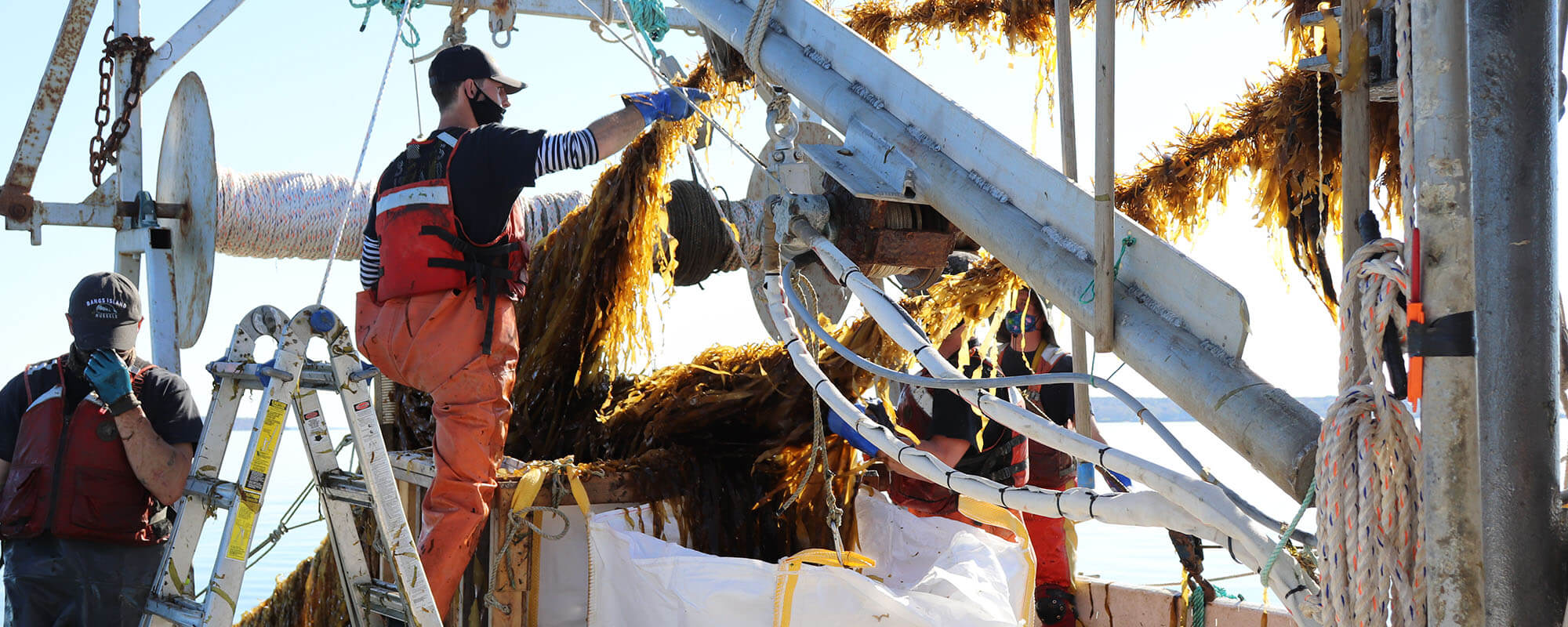If you have eaten sushi or swam in the ocean off a rocky Maine beach, you have likely seen seaweed. However, you may not be quite aware of how important seaweed such as kelp is. According to World Wild Life, seaweed production has grown to around 35 million tons annually. Read on to find out why kelp farms are important.
Endangerment
Kelp production is a vital part of the earth’s ecosystem. As many as 40 to 50% of kelp forests have been destroyed by climate change, overfishing, and bad water quality. By maintaining kelp farms, people can ensure this essential seaweed stays in production and continues to provide benefits to the ecosystems in which it is grown.
Nutrition
It’s no secret that protein is one of the most vital nutrients that all individuals should consume. Kelp is full of protein in addition to vitamin K, iodine, folate, vitamin A, calcium, iron, and magnesium. Seaweed has the potential to provide a healthy, vitamin and mineral rich protein to feed people across the world.
Erosion
In Maine, we are seeing increasing erosion on our coastlines through storms and rising water, threatening working waterfronts and homes alike. Coastal erosion is a danger to livable surfaces on the planet. However, kelp farming can be useful for protecting coastlines by dampening wave action which can reduce coastal erosion.
Habitats for Fish
All life forms on this planet have specific habitats they must live in. Kelp provides a habitat for various types of marine life and protects the local biodiversity. Without the structural complexity of kelp forests, wild and farmed, fish and fish larvae would lack the shelter and feeding opportunities that these habitats create.
Economics
Kelp contributes greatly to the economy. Billions of dollars are generated annually thanks to kelp farming. The seaweed is responsible for ecosystem services like the removal of nitrogen and phosphorus from the water column. Kelp also helps capture carbon and remove nutrient pollution. As a result, many jobs are available in kelp production that can help coastal communities like the Maine’s thrive.
As you can see, there are many reasons why running kelp farms is important to the environment and various local economies. Kelp farming provides jobs, nutritional benefits, and a proper habitat for various organisms to thrive in. For more information about kelp farms, reach out to us today.

